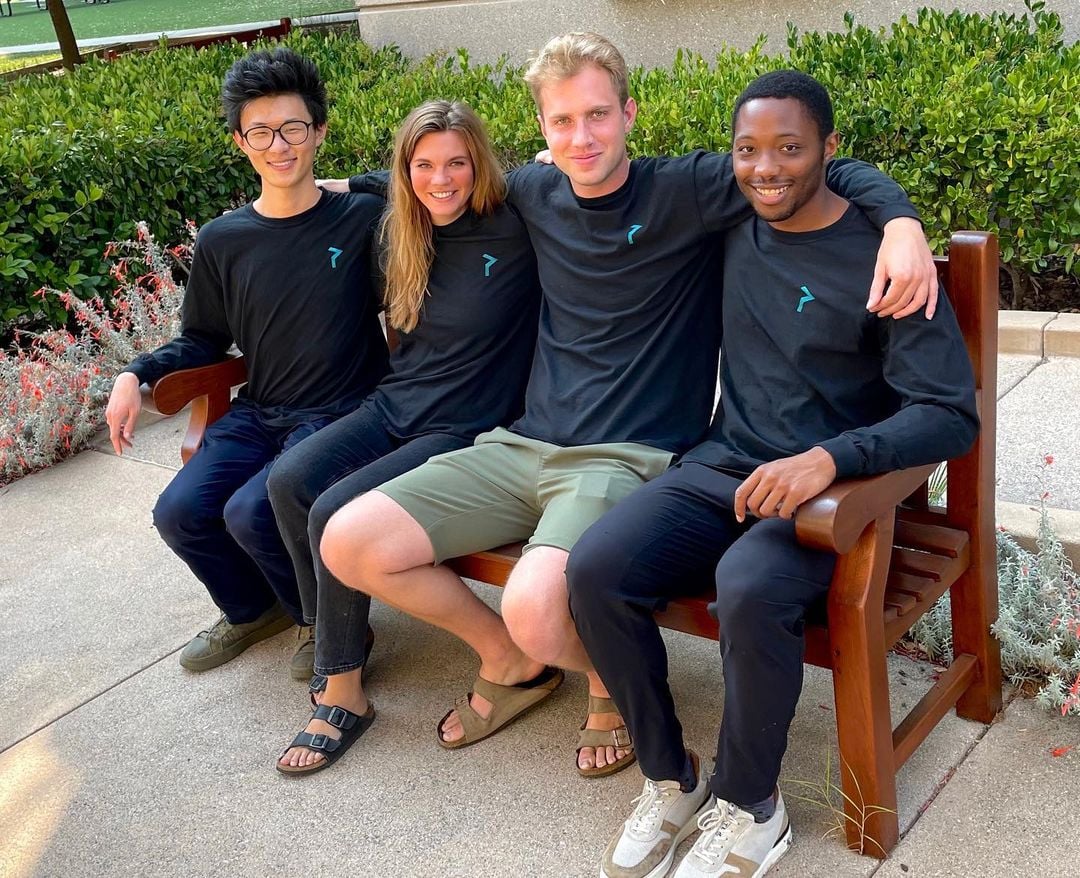When Afi Blackshear J.D. ’23 and August Gweon J.D. ’23 took LAW 4046 Data: “Privacy, Property and Security,” they noticed a common trend among the tech experts who spoke to the class.
“Most of the experts were white and most were men,” Blackshear said. “They were all aware that this was a problem and that they did not have enough perspective for some of the issues they were discussing.”
In response to this lack of representation, Blackshear, Gweon, Jessica Seamands J.D. ’23 and Karl Kaellenius J.D. ’23 launched “The Periphery,” a podcast focused on increasing diversity in conversations about technology. The project aims to promote dialogue about how technology shapes our society among a diverse range of communities.
“’The Periphery’ is about bringing information about the biggest tech issues of our time to everyone, not just people that are technologists or have a technological background, and really exposing the contours of some of these big innovations to everybody,” Seamands said.
The team said that they found the podcast easy to distribute across multiple platforms with minimal financial investment. More importantly, they said, the medium effectively communicated technological issues to a wide audience while still maintaining a sense of intimacy.
“The audio medium of podcasts replicates the conversational learning style that we experienced in the seminar and that we thought was really effective for dealing with tricky issues like technology in general,” Gweon said.
In the podcast’s first season, the team brought in a lineup of leaders in the technology field, including Former Federal Trade Commission Chair Bill Kovacic, Cloudera founder and former Oracle executive Mike Olson and Senior Attorney in Microsoft’s Office of Responsible Artificial Intelligence Catherine Romero. The guests covered a wide range of topics from cryptocurrency, algorithmic bias, antitrust, blockchain and more.
“We’re pretty guest-focused at this point. We wanted to bring in people — not just tech technologists or establishment figures, but people who normally are not at the table at all or are not even thought of when it comes to technology problems,” Gweon said. “That’s why we have an interview format, where we can talk about the issues in our own language.”
While the team is led by law students, the team members said they see their focus as going beyond just tech law and policy.
“While we do talk about privacy and other legal dimensions of technological change, our focus is broader,” Kaellenius said. “We talk about how these technologies work and their social implications.”
As the team gears up to record season two of the podcast, the leaders are maintaining an ambitious mindset, aiming to inspire conversations about technological challenges.
“We hope to see an increase in engagement, and we hope to help trigger that engagement among all people,” Gweon added. “When it comes to major technology issues that dominate our headlines, it’s mostly older millennials who have dictated the way that technology is developed and marketed. We see ourselves as people on the vanguard of a newer, younger generation that have fresh eyes on digital and technology issues.”
